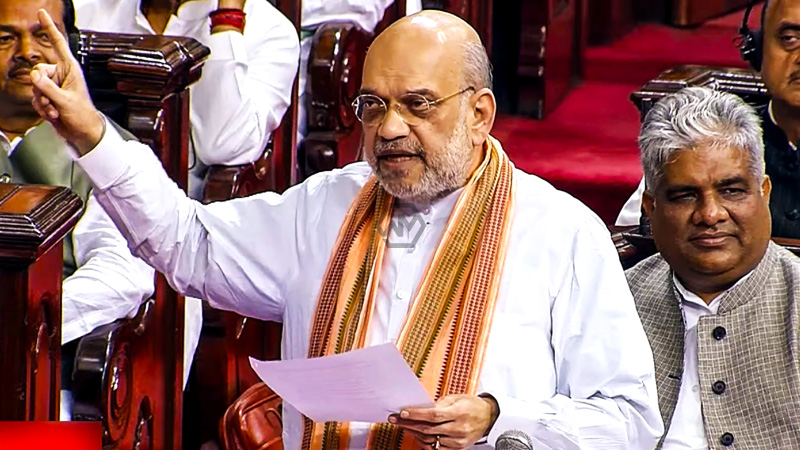- BNS Bill 2023 expands IPC’s definition of “Acts endangering sovereignty, unity, integrity.”
- Supreme Court hears petitions challenging IPC’s legality of Section 124A.
- New provision restricts secession, rebellion, and subversive activities, endangering India‘s sovereignty.
The Bharatiya Nyaya Sanhita (BNS) Bill, 2023, seeks to replace the narrow meaning of “Acts endangering sovereignty, unity, and integrity of India” under Section 124A of the Indian Penal Code (IPC) with a more inclusive definition of “Acts endangering sovereignty, unity, and integrity of India.”
The bill is by a suggestion issued by the Law Commission of India in June, and it seeks to increase the alternative punishment for the offense from the current three years in prison under the IPC to seven years in prison.
New Bharatiya Nyaya Sanhita Bill 2023
The maximum sentence under the 2023 bill is still life in jail. The Supreme Court is currently hearing petitions that contest the legality of Section 124A of the IPC, and the Center is presenting the law at this time.
The deletion of a clause that permitted someone convicted of sedition to get away with nothing more than a fine is a significant alteration in the proposed draft Section 150 of the BNS law.
The new clause calls for a fine and either a sentence of life imprisonment or a sentence of up to seven years in jail as punishment.
The new provision also states that acts that “spark secession or armed rebellion or subversive activities” or “endanger the sovereignty or unity and integrity of India” will fall under the purview of Section 150 rather than those that are against “the Government established by law in India.”
A higher degree of discretion is given to law enforcement agencies by the addition of the phrase “indulges in or commits any such act” in the draft section, which makes it easier for them to determine whether actions qualify as “endangering the sovereignty, unity, and integrity of India” to file charges.



